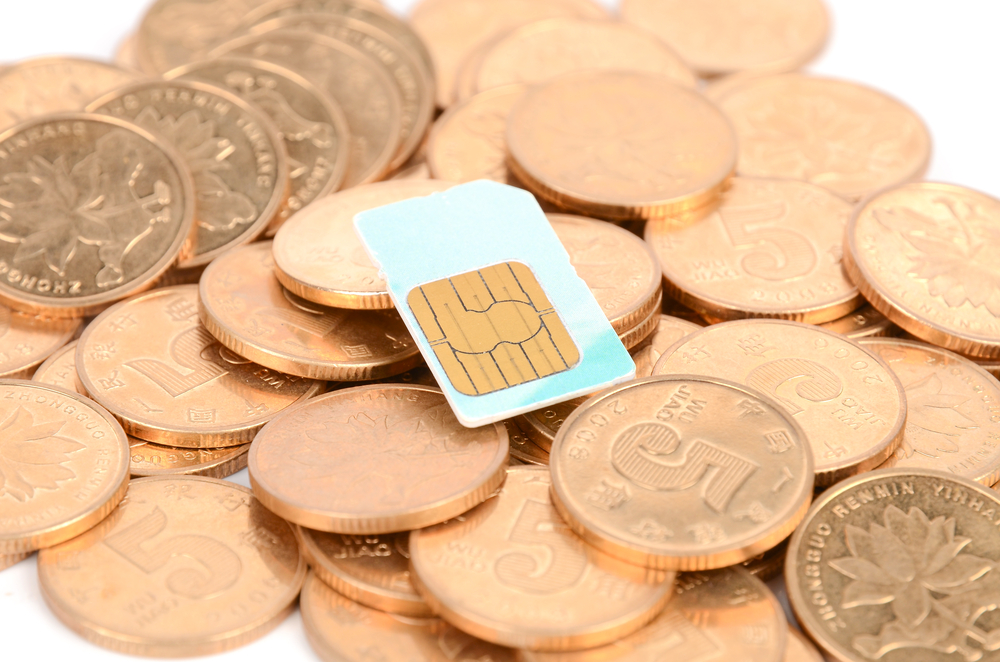

European and North American business travellers are spending a combined £855 million on connectivity when travelling aboard, according to new research from Wi-Fi firm iPass and Rethink Research.
The company claims European travellers are spending £275 million while travelling in other European states and splashing out £243 million on journeys outside the continent. North American businesspeople are forking out £337 million on their foreign trips.
iPass says the charges are racked up through cellular roaming and paid-for Wi-Fi, while at other times users are switching to free Wi-Fi, which requires registration, can be unsecured and is too slow for many business applications.
iPass says even within Europe, European business travellers would spend up to £273 a month and suggests new EU roaming regulations will not have a massive impact as the caps imposed would be below the average 4.5GB consumed by business users.
The research also estiamtes the cost of premium Wi-Fi in hotels, airports and on planes could reach £83 a month, whereas a monthly subscription to iPass’ network of 20 million hotspots costs between £16 and £35.
iPass does not own any hotspots itself and instead agrees partnerships with various providers to offer businesses a single log-in and billing service that promises to make it easier and cheaper to use wireless Internet services around the world.
“Failing to have a practical and convenient policy for mobile connectivity can be a costly mistake for businesses,” said Gary Griffiths, iPass president and CEO. “The amount of mobile data consumed by business is growing rapidly, as more employees adopt the use of cloud-based mobile applications of all kinds and look to replicate enterprise working environments on their smart-phones, tablets, and laptops.
“Although there are millions of free and pay-on-demand Wi-Fi hotspots, connecting to them often poses multiple annoyances – from having to enter personal and credit card information repeatedly – to the threat of exposing sensitive business and personal information on unsecured networks.”
Are you acquainted with Wi-Fi ? Try our quiz!
Binance BNB token rises after WSJ report the Trump family is in talks to secure…
After failed Amazon deal, iRobot warns there is “substantial doubt about the Company's ability to…
Community Notes testing across Facebook, Instagram and Threads to begin next week in US, using…
Complete 180. FTC attorney now says federal agency can pursuit Amazon trial, after citing “severe…
Former board member and respected chip industry veteran Lip-Bu Tan appointed to lead troubled US…
MPs demand secret High Court hearing be held in public, after government had ordered a…